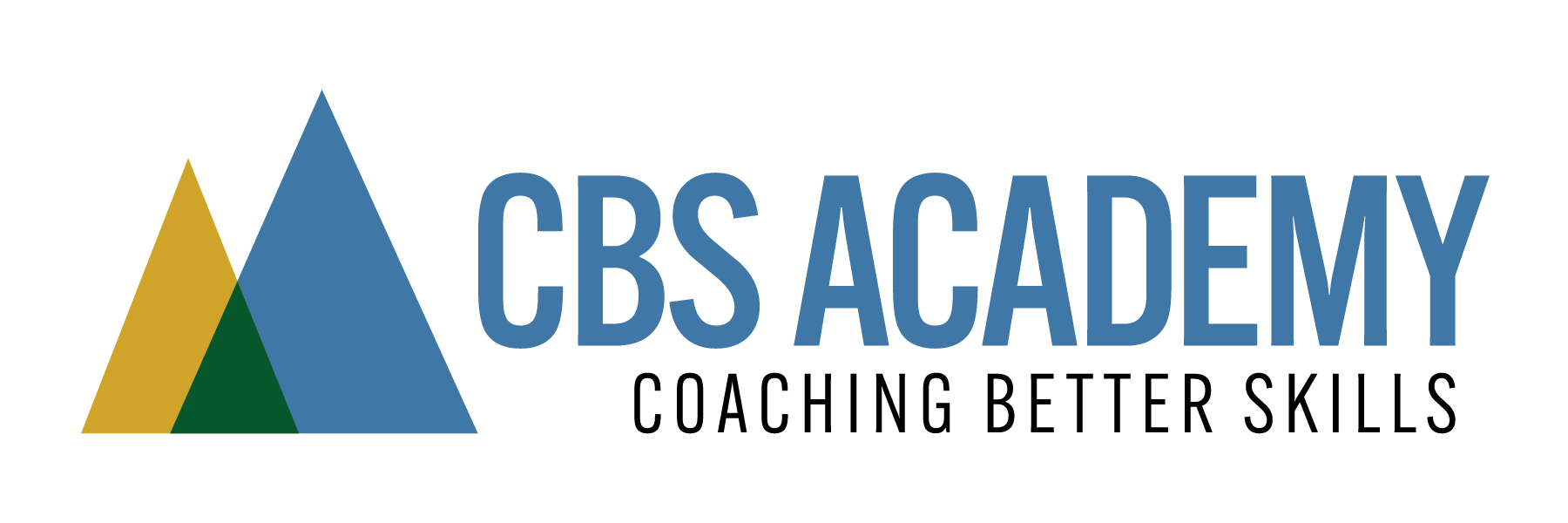The Value of Self-Assessment
Write your awesome label here.
Self-assessment is a process where individuals evaluate their own performance, skills, and behaviors. It encourages employees to reflect on their strengths, weaknesses, and overall progress, promoting a deeper understanding of their roles and how they can improve. For businesses, integrating self-assessment into the employee development process can yield significant benefits, enhancing both individual and organizational performance. Here are five ways self-assessment can benefit businesses by empowering employees to take charge of their development.
Fosters a Culture of Continuous Improvement
When employees are encouraged to self-assess, they become more aware of areas where they can improve. This awareness naturally leads to a culture of continuous improvement within the organization. Employees who regularly assess their performance are more likely to identify skill gaps and seek out opportunities to close them, whether through training, mentoring, or other professional development activities. This proactive approach to self-improvement not only benefits the individual but also leads to a more skilled and competent workforce, ultimately boosting the overall performance of the business.
Enhances Employee Engagement
Self-assessment can significantly increase employee engagement. When employees are given the opportunity to reflect on their contributions and progress, they feel more involved in their development process. This sense of ownership over their growth fosters greater commitment to their roles and responsibilities. Engaged employees are more likely to be motivated, productive, and loyal to the organization. By integrating self-assessment into development processes, businesses can create a more engaged workforce that is driven to achieve both personal and organizational goals.
Improves Manager-Employee Communication
Self-assessment encourages open and transparent communication between employees and managers. When employees regularly evaluate their own performance, it creates a foundation for more meaningful discussions during performance reviews or one-on-one meetings. Instead of managers solely driving the conversation, self-assessing employees bring their own reflections to the table, making the dialogue more collaborative and productive. This improved communication helps managers better understand the needs and aspirations of their team members, leading to stronger relationships and a more supportive work environment.
Improves Alignment with Organizational Goals
Self-assessment helps employees understand how their roles and responsibilities align with the broader goals of the organization. By reflecting on their contributions, employees can better see how their work fits into the larger picture and how they can adjust their efforts to support the company’s strategic objectives. This alignment is crucial for businesses, as it ensures that all employees are working towards the same goals and that their efforts are contributing to the overall success of the organization. When employees understand their impact on the business, they are more likely to be motivated and focused on achieving key objectives.
Supports Personalized Development Plans
Self-assessment provides valuable insights that can be used to create personalized development plans for employees. When employees identify their strengths and areas for improvement, they can work with managers to develop tailored development plans that address their specific needs. This personalized approach to development is more effective than a one-size-fits-all strategy, as it considers the unique talents and growth areas of each employee. For businesses, this means more efficient use of resources and a more targeted approach to employee development, leading to faster and more meaningful progress.
Conclusion
Integrating self-assessment into the employee development process offers numerous benefits for businesses. By fostering a culture of continuous improvement, enhancing employee engagement, promoting accountability, improving alignment with organizational goals, and supporting personalized development plans, self-assessment can lead to a more skilled, motivated, and effective workforce. As employees take greater responsibility for their own development, businesses will see improved performance, increased productivity, and a stronger alignment with strategic objectives. Ultimately, encouraging self-assessment is a win-win for both employees and organizations, driving growth and success at all levels.
